
Fun English Games For Kids
Learning English can be fun and exciting, especially when kids get to play games! Games help children build their vocabulary while keeping them engaged and entertained. Playing vocabulary games at home can also strengthen a child’s reading, speaking, and listening skills.
In this article, we will explore 10 easy, fun, and educational games that you can play with your kids to help them learn new English words.
1. Charades with English Words
Charades is a classic game that’s great for teaching kids new words, especially action words (verbs) and descriptive words (adjectives). Acting out words helps children understand their meaning in a fun and active way.
How to Play:
- Write different vocabulary words (such as "jump," "run," "happy," "sad") on slips of paper.
- One person acts out the word, and the others guess it.
- You can adjust the difficulty by using simple words for younger kids and more complex ones for older children.
This game helps children improve their vocabulary by connecting the word to an action. It's also a great way to practice using their imagination!
Tip: You can print vocabulary word lists from our kids' resources page for even more fun learning activities.
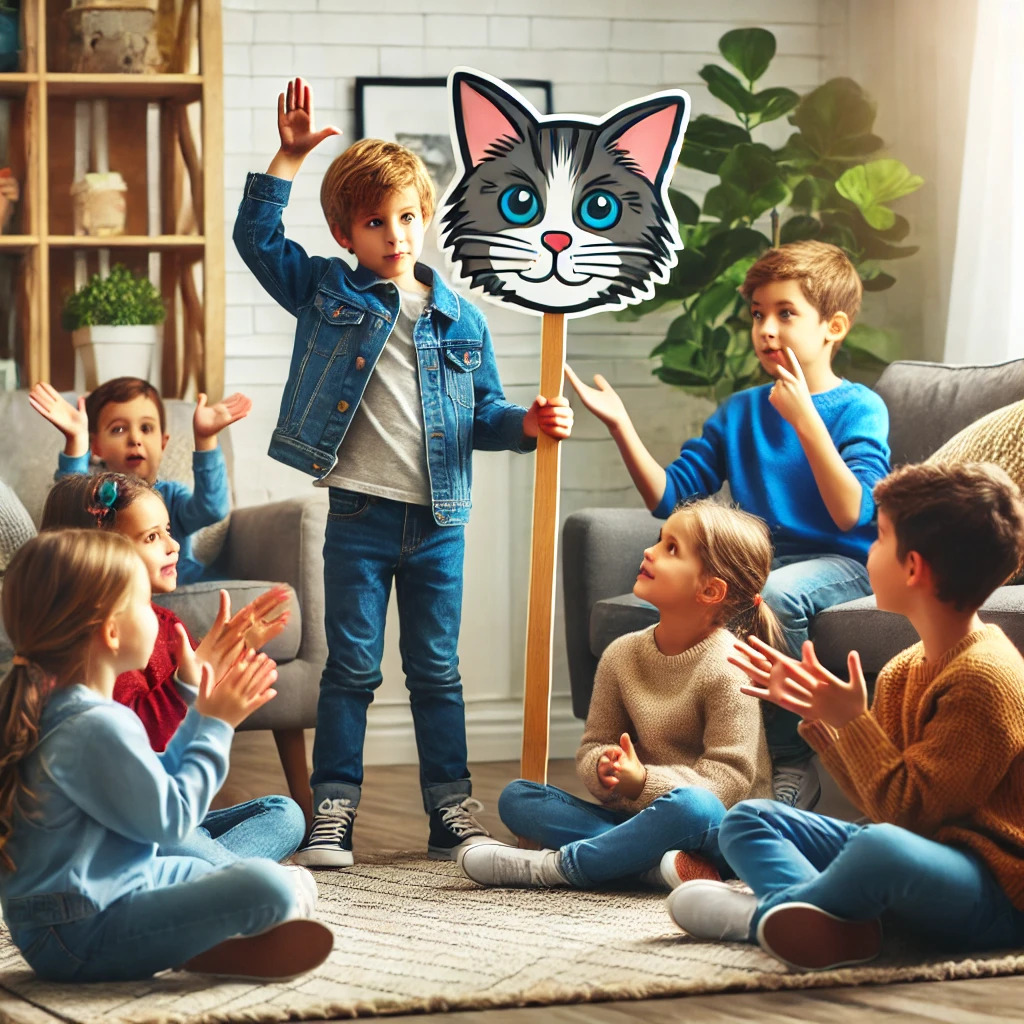
2. I Spy with My Little Eye
“I Spy” is a fun and easy game that encourages children to think about their surroundings and name objects in English. It’s perfect for learning vocabulary related to colours, shapes, and household items.
How to Play:
- Look around the room and say, “I spy with my little eye something that begins with the letter...”
- The other players must guess what object you are talking about.
- You can give extra clues if needed, such as the object's colour or location.
This game sharpens observation skills while teaching new vocabulary in a fun and interactive way.
Find more tips on playing "I Spy" and other games on FunEnglishGames.com.

3. Memory Card Matching Game
Memory games can be a fun way to reinforce new vocabulary. It’s especially effective for learning nouns and basic words.
How to Play:
- Make a set of matching cards with pictures on one card and the corresponding word on another card.
- Lay the cards face down, and players take turns flipping two cards over to try and match the word with the correct picture.
- The player with the most matches at the end wins.
This game helps with word recognition and memorisation. You can create your own cards at home, or search online and print memory card matching worksheets.
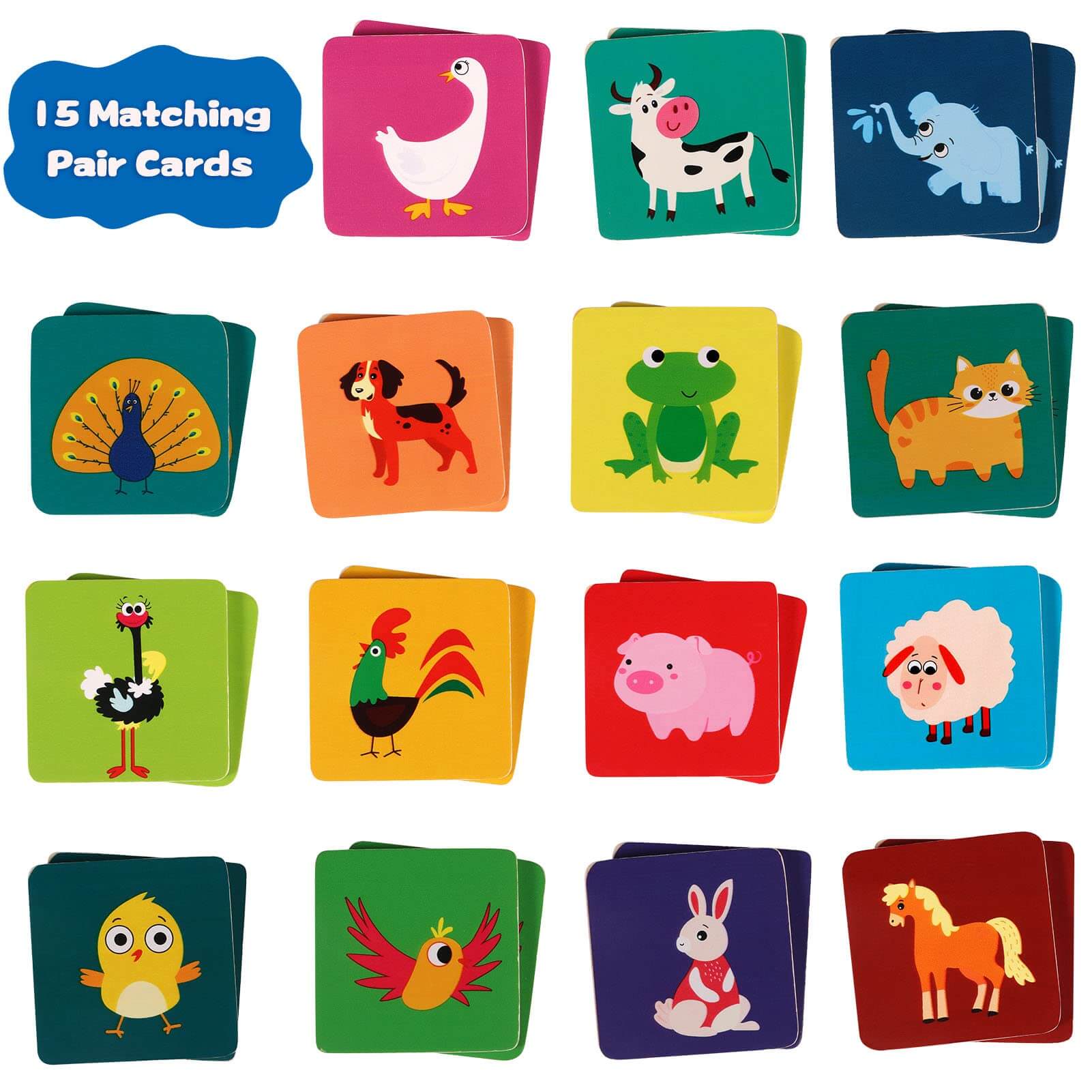
4. Scavenger Hunt
A scavenger hunt is a great way to get kids moving while they learn new vocabulary. You can focus on specific categories of words, such as household items, animals, or nature.
How to Play:
- Create a list of items for your child to find around the house.
- Give them clues or say the word aloud and ask them to find the object.
- For example, you might say, “Find something that starts with the letter ‘B’,” or “Find something soft.”
This game encourages children to connect vocabulary with real-world objects, making it easier to remember the words.
5. Word Bingo
Bingo can be adapted into a vocabulary game by creating cards with words instead of numbers. This game is great for practicing sight words or themed vocabulary, such as animals, foods, or places.
How to Play:
- Create bingo cards with simple vocabulary words.
- Call out definitions of the words, and players mark the word on their cards if they have it.
- The first person to get five in a row shouts “Bingo!”
Word bingo reinforces vocabulary comprehension and listening skills. You can make your own bingo cards or use printable bingo sheets.
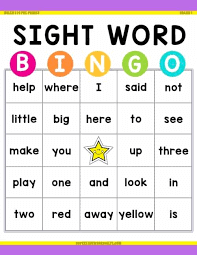
6. Simon Says with New Words
Simon Says is a fun, active game that can help kids practice verbs and following directions.
How to Play:
- One person plays Simon and gives commands like “Simon says jump!” or “Simon says sit!”
- Players must only follow the command if it starts with “Simon says.”
- If Simon doesn’t say “Simon says,” and someone does the action, they’re out!
This game can introduce children to new action words in a playful way, and you can make it even more challenging by introducing more difficult vocabulary as they improve.
Tip: Check out our phonics worksheets for more activities related to action words.
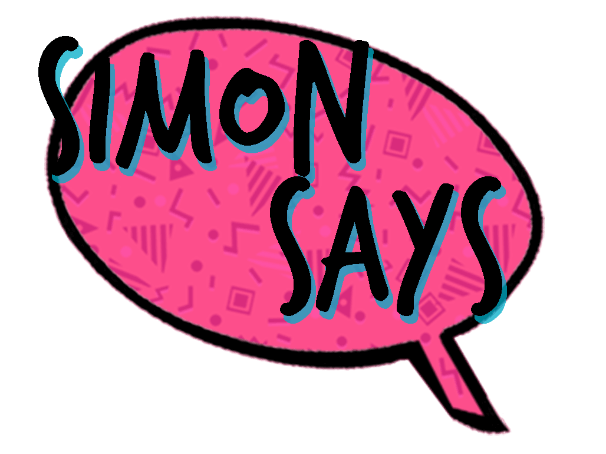
7. Pictionary with Vocabulary Words
Pictionary is another great way to build vocabulary through drawing. It's especially helpful for children who learn better with visual aids.
How to Play:
- Choose a list of vocabulary words and write them on slips of paper.
- Each player takes turns drawing the word while others guess what it is.
- You can use simple words for younger children or try harder ones as they grow more confident.
Drawing the word helps children associate the image with the meaning, reinforcing their vocabulary in a creative way.
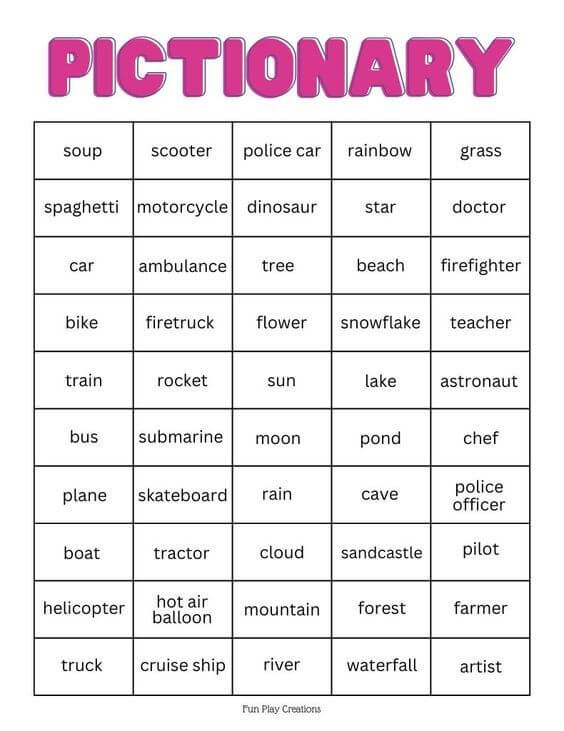
8. Alphabet Race
This game helps children practice the alphabet and vocabulary. It’s perfect for a quick learning activity.
How to Play:
- Choose a letter, and have each player list as many words as they can that begin with that letter.
- Set a timer for one minute, and the player with the most words wins.
The alphabet race can help children quickly recall vocabulary they’ve learned. You can even give hints if they need help!
For more letter games, check out ideas on Education.com.
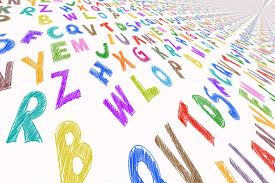
9. Hangman
Hangman is a classic word game that helps children practice spelling and vocabulary. It's especially great for learning sight words or new words from a spelling list.
How to Play:
- One person thinks of a word and draws blank spaces representing the letters of the word.
- The other players guess letters to try and figure out the word before the hangman is drawn.
Hangman helps children practice spelling and recognise letter patterns in words. You can use words from our children’s reading books section to get started.
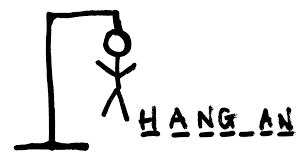
10. Hot Potato Word Game
The Hot Potato game is a great way to get kids moving and thinking fast. It's perfect for reviewing vocabulary words they already know.
How to Play:
- Have the children sit in a circle and pass around a small object (the “hot potato”).
- When the music stops, the person holding the hot potato must say a word in English.
- You can choose categories like animals, colors, or foods.
This game helps children practice quick recall of vocabulary words while adding some physical activity into learning.
Conclusion
These 10 vocabulary games are a fun and interactive way to help kids learn English at home. Not only do they improve vocabulary, but they also strengthen listening and speaking skills. Try incorporating some of these games into your daily routine, and watch your child's confidence in using English grow!
For more activities, check out our resources for kids or explore our free YouTube videos for additional support.

